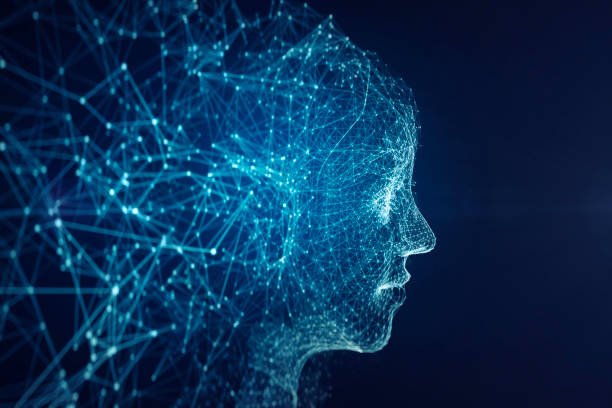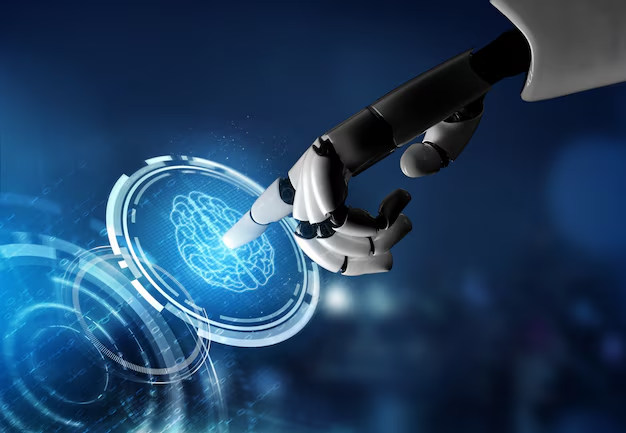The Rise of A I in Mental Health
Artificial Intelligence (AI) is rapidly changing various industries, and mental health care is no exception. AI-driven therapists and chatbots are now providing mental health support, making therapy more accessible and affordable for millions worldwide. But can A I truly replace human therapists? Let’s explore how AI is reshaping mental health care.
What Are A I Therapists?

A I therapists are digital tools that use machine learning and natural language processing (NLP) to provide mental health support. These A I-powered systems include chatbots, virtual assistants, and even voice-controlled therapy apps. They analyze users’ input, detect emotions, and offer responses based on psychological principles.
Examples of AI Therapists
- Woebot: A chatbot designed to provide cognitive behavioral therapy (CBT) support.
- Wysa: An A I-powered app that helps users manage stress and anxiety.
- Replika: An A I companion that engages in deep conversations to offer emotional support.
- Ellie: A virtual therapist used in clinical research for PTSD patients.
How AI is Revolutionizing Mental Health Care
1. Increased Accessibility
Many people struggle to access traditional therapy due to financial constraints, location issues, or stigma. A I therapists bridge this gap by providing affordable, 24/7 support via smartphones or computers.
2. Affordable Mental Health Solutions
- Traditional therapy can be expensive, ranging from $75 to $200 per session.
- A I therapy apps offer free or low-cost alternatives, making mental health support accessible to a wider audience.
3. Anonymity and Privacy
- Some individuals hesitate to seek therapy due to fear of judgment.
- A I therapists allow users to discuss their feelings anonymously, making it easier to open up.
4. 24/7 Support and Instant Response
- Unlike human therapists, A I chatbots are available anytime.
- Users can access help during late-night anxiety attacks or moments of crisis.
5. Personalized Therapy Sessions
A I systems learn from users’ conversations, adapting their responses over time to provide personalized support.
6. Early Detection of Mental Health Issues
- A I can analyze speech patterns, word choices, and tone to detect early signs of depression or anxiety.
- Some systems even predict suicidal thoughts and provide crisis intervention suggestions.

Limitations of AI in Therapy
While A I offers many benefits, it is not without its flaws. Here are some key challenges:
1. Lack of Human Emotion and Empathy
- A I can simulate empathy but cannot truly understand human emotions like a real therapist.
- Emotional connection is essential in therapy, which AI lacks.
2. Ethical Concerns and Data Privacy
- A I therapy involves storing sensitive mental health data.
- Security breaches or unethical use of data can pose significant risks.
3. Not Suitable for Severe Mental Health Conditions
- A I is effective for managing mild anxiety, stress, and depression.
- Severe mental illnesses, such as schizophrenia or bipolar disorder, require professional human intervention.
Future of AI in Mental Health Care

The future of A I in mental health looks promising, with advancements expected in:
1. Improved Emotional Intelligence
- Developers are working on AI that can better recognize human emotions through voice tone, facial expressions, and text analysis.
2. Integration with Human Therapists
- A I will not replace human therapists but will assist them by handling routine check-ins and assessments.
3. AI-Powered Virtual Reality (VR) Therapy
- Virtual reality therapy combined with A I may help treat PTSD, phobias, and anxiety disorders.
4. More Personalized Therapy Plans
- A I will continue to learn from users’ behaviors and provide even more personalized mental health solutions.
AI – A Tool, Not a Replacement
A I therapists are transforming mental health care by making therapy more accessible, affordable, and available 24/7. However, they cannot fully replace human therapists, especially for complex mental health issues requiring deep emotional connection and personalized treatment. The future of mental health care lies in a hybrid model where A I supports human therapists, ensuring that people receive the best possible care.
With A I continuing to evolve, its role in mental health care will only expand, providing hope for millions worldwide.
America’s Exit from Global Agreements: How It’s Changing the World






